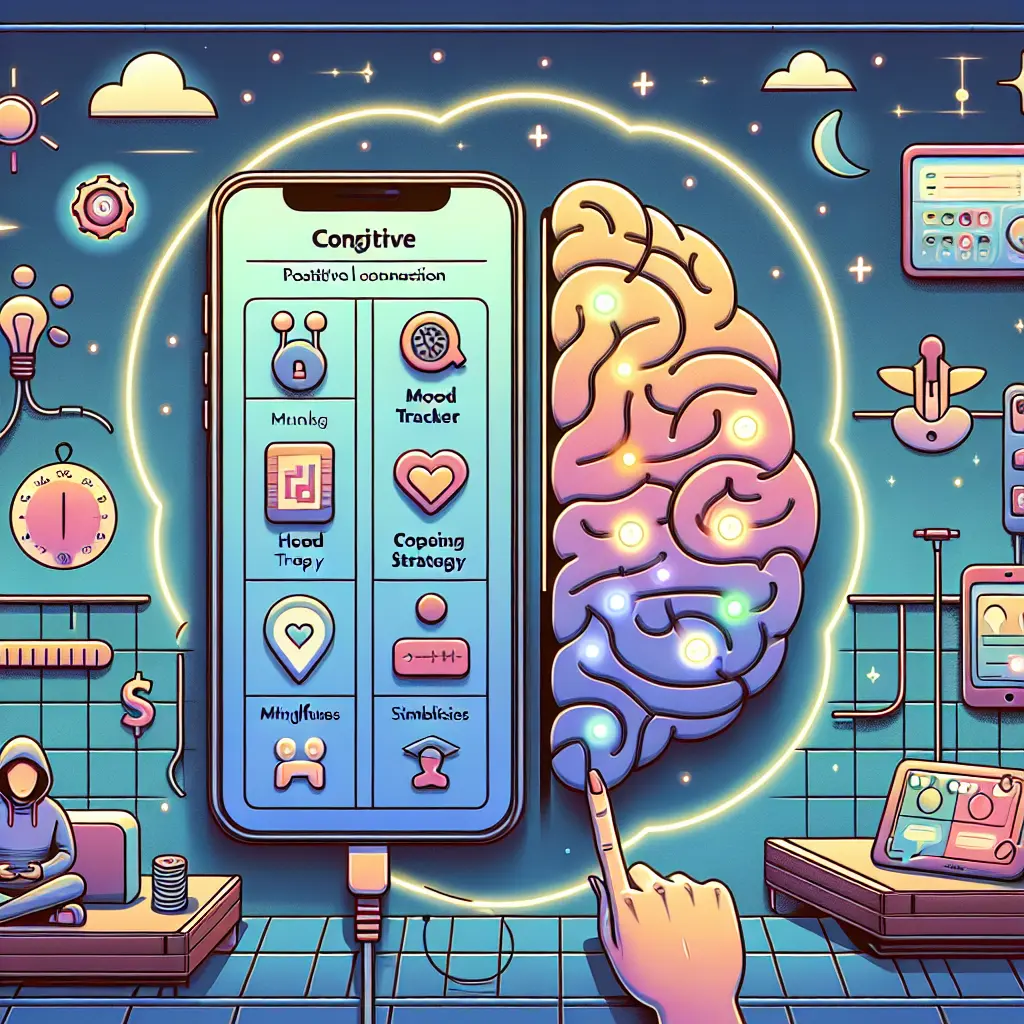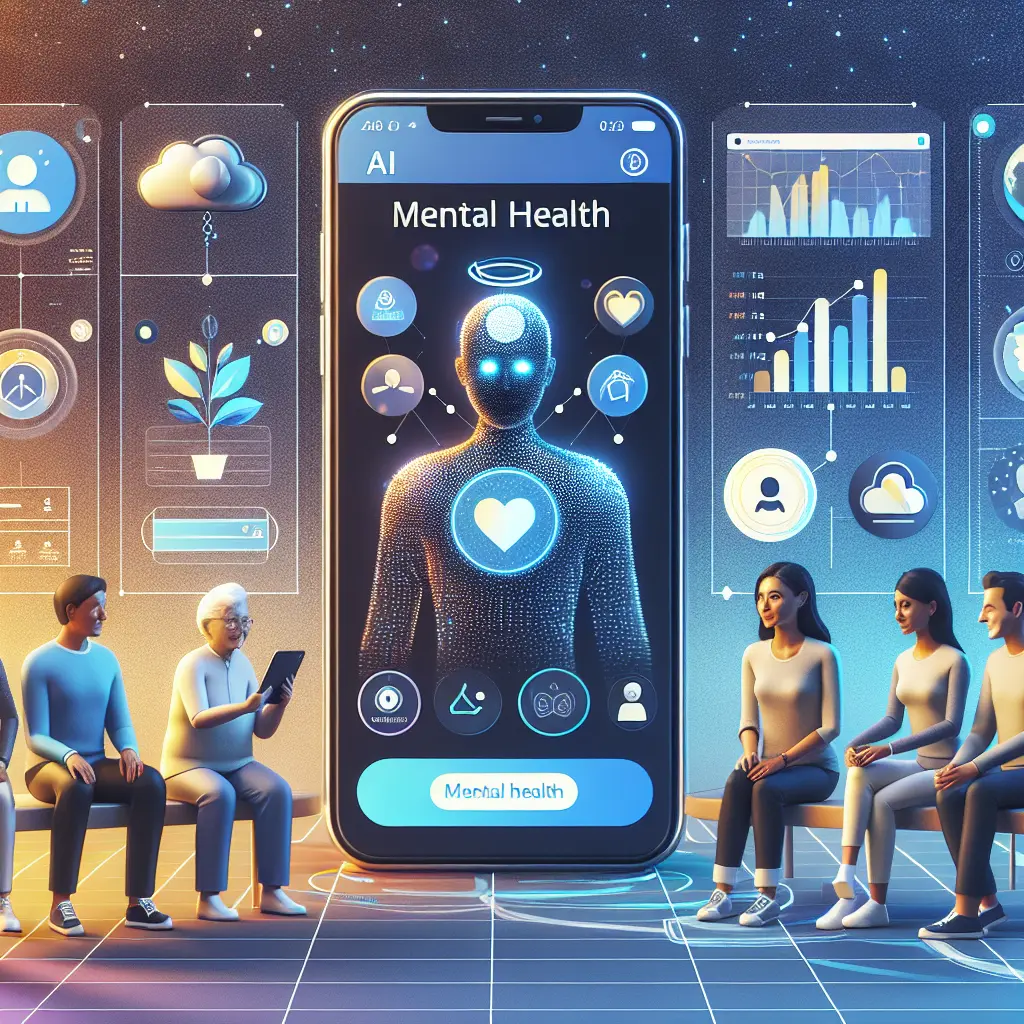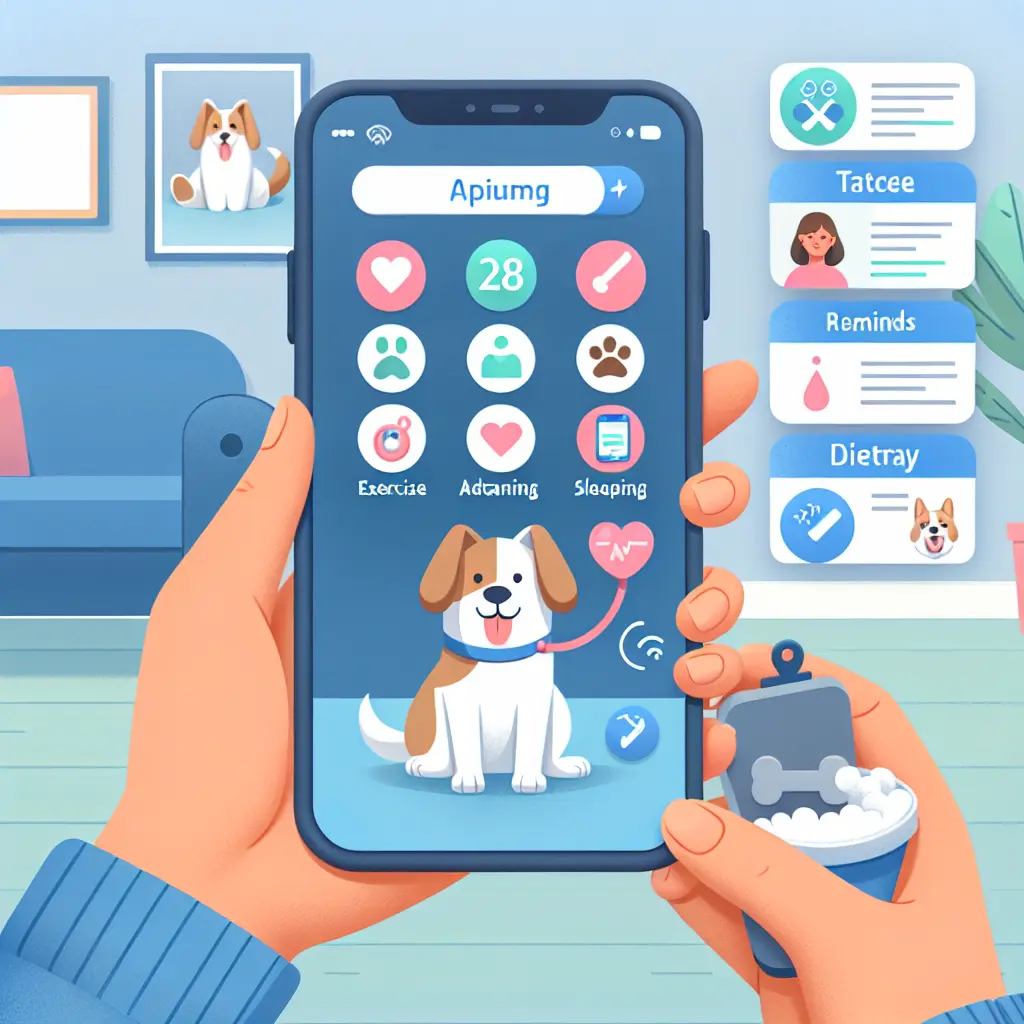In today’s fast-paced digital world, mental health apps have emerged as vital components of personal wellness, offering a new frontier in supporting cognitive behavioral therapy (CBT). These innovative digital tools bridge the gap between traditional therapy sessions and everyday life, providing users with continuous CBT support at their fingertips. For those navigating the complexities of mental wellness, therapy apps offer an accessible and convenient solution to complement traditional therapeutic methods.
As mental wellness technology advances, mobile mental health solutions have become a viable option for individuals seeking immediate and flexible access to mental health care. App-based therapy is revolutionizing the landscape by integrating evidence-based practices into user-friendly platforms. These digital CBT resources not only enhance therapy accessibility but also empower users to actively engage with their mental health journey.
The rise of mental health apps has significantly transformed how therapy is delivered and received. One compelling example is the special edition of PowerWash Simulator, developed to aid mental health research. This initiative highlights how unconventional platforms are leveraged to promote mental wellness, offering users a therapeutic escape that complements traditional CBT methods. By integrating fun and engagement with mental health support, such apps provide a unique avenue for therapy.
Digital tools cater to diverse needs with features like mood tracking, thought records, mindfulness exercises, and goal-setting functionalities. Such integrations ensure comprehensive support tailored to individual needs, fostering a deeper understanding of one's thoughts and behaviors. Many companies now adopt creative and inclusive ideas to support employee well-being by incorporating mental health apps into workplace wellness programs. This trend reflects a broader societal shift towards prioritizing mental health.
The demand for flexible and immediate access to mental health care has spurred the growth of mobile mental health solutions. App-based therapy represents a revolutionary approach, allowing users to actively engage with their mental health journey. These digital CBT resources are particularly beneficial for individuals facing barriers to traditional therapy, such as geographical constraints or time limitations.
Breaking Barriers with Virtual Therapy Support
Virtual therapy support has gained traction as an effective solution for those unable to access traditional therapy sessions. Online CBT platforms offer consistent therapeutic routines, leading to better outcomes and sustained mental wellness. The flexibility of digital CBT resources allows users to engage with therapy in real-time, practicing strategies that reinforce cognitive and behavioral shifts.
This virtual support is crucial in today's world, where more people are turning to sober dating and other lifestyle changes prioritizing mental and physical health. Gen Z's leading role in the sober dating revolution exemplifies a cultural shift towards healthier social practices, which digital mental health tools can support by providing resources that promote self-awareness and resilience.
The engagement offered by mental health apps goes beyond mere convenience. These platforms empower users by integrating interactive features that encourage self-reflection and personal growth. Olympians' focus strategies, such as daily mental health habits, demonstrate the power of routine and discipline—principles that can be applied through structured app-based CBT exercises.
Moreover, digital therapy tools foster a supportive community where users can share experiences and advice. This peer interaction can be a powerful motivator, as seen in the supportive responses Olympian Ilona Maher received after addressing body shaming—highlighting the importance of community in mental health journeys.
Embracing Change: The Future of Mental Health Technology
As mental health technology evolves, understanding its potential to enhance traditional therapeutic practices is crucial. The rising popularity of "dumbphones," which reduce digital distractions, suggests a growing desire for simplicity and focus—traits that can enhance the effectiveness of mental health apps by encouraging intentional use. By thoughtfully integrating these tools into daily life, users can experience a more profound therapeutic impact.
The transformative potential of digital platforms is also evident in initiatives like Paddy Pimblett's advocacy for men's mental health. Despite facing backlash, Pimblett's efforts highlight the importance of open dialogue and the role of digital spaces in facilitating crucial conversations about mental wellness.
Mental health apps are reshaping how cognitive behavioral therapy is delivered and experienced. By embracing innovation and leveraging societal trends, these digital tools offer a comprehensive approach to mental wellness that is both effective and engaging. They enhance therapeutic practices by offering:
Continuous Support: Providing constant access to CBT techniques that bridge the gap between traditional therapy and daily life.
Innovative Solutions: Platforms like PowerWash Simulator illustrate how creative approaches can promote mental wellness.









Leave a Comment